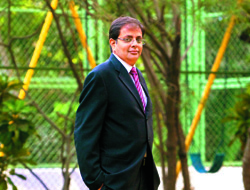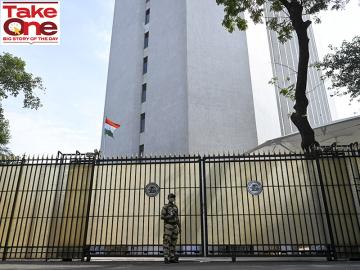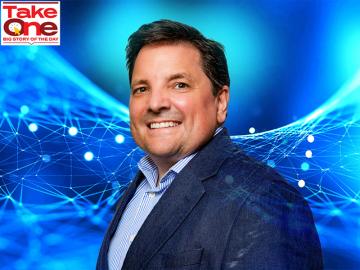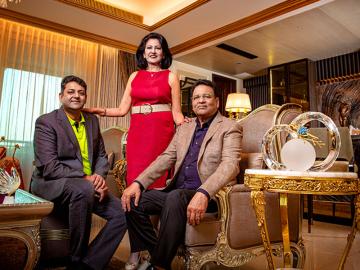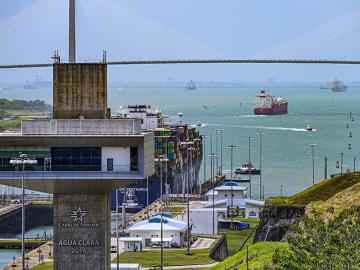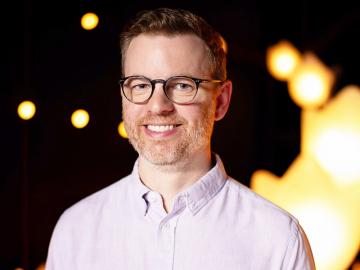
'We delivered more than we promised'
Neeraj Bhargava will retire once WNS finds a fresh face to take over from him.
Knowing when to quit is a rare trait among company founders. Neeraj Bhargava, CEO and co-founder of WNS Global Services, has said he will step down from the top post once the company finds a fresh face. Bhargava talks to Mitu Jayashankar about his stint in India’s second largest BPO company.
What were the factors leading up to your decision to step down from the CEO’s post?I have been with the company now for almost eight years and the next stage will be to expand the company in different geographies. The challenges that I have to encounter in pulling that off would involve more travel and spending a lot of time away from home. I expressed my desire to the board that I wanted to slow down a bit and to stick around in a role where I wouldn’t have to travel so much.
You have been with the company since its inception. How would you rate your stint?
We were very ambitious right from the beginning. Our business plan was that in five years we would be $200 million in sales, $20 million in profits and do a public listing. We did all that in four years. We also recognized early that acquisitions would be a way to grow and an important part of our strategy. Almost all the acquisitions we made we delivered more value than we promised.What were the tough moments?
Clearly August16, 2007 stands out, when one of our large customers, First Magnus (a mortgage company), declared bankruptcy. And that happened without notice. We had a team of 700 odd people that was serving the client and we had to redeploy them. We didn’t issue a single pink slip. That taught us a lot about the character of the company. Another day was July 26, 2005 when there were floods in Mumbai and for two and a half days, we were stuck in office and we had to keep work going and not letting our clients down.Your peers think that you overpaid for your acquisitions—Aviva at $228 million and Marketix at $65 million. What is your view?
In the last five years, we have consistently delivered 15 percent earnings per share (EPS) growth every single year and that factors in not just the earnings but any dilutions that you are taking in your shares as well. You have to pay for the acquisitions through equity, debt or loss in profits. And if we have delivered consistent EPS growth it means you have delivered value through your acquisitions.
The stock is down from $20 when you did the IPO to $5 today, that’s painful for a founder...
(Laughs) If you look at our trading volumes, they are very very slim. We announced numbers (on Feb 5, 2009) that were above Street expectations and our stock fell. Sure, the stock is one estimate of the value of the company and it hurts when you see that, but there’s not much you can do about it other than make your numbers.Are you facing any pressure from Warburg Pincus (private equity investor)?
Warburg has been an exemplary investor in many ways. When we were private there was never any pressure to go public, when we went public, the single minded focus has always been on operating numbers and the long term things that we need to do for the company.
Post Your Comment
